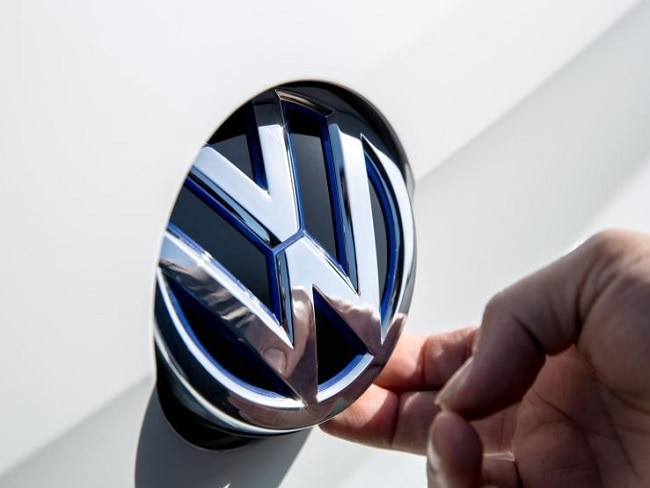Volkswagen Plans Farewell To Legendary Santana Model In China

Highlights
Volkswagen plans to stop making Santana cars in China, bidding farewell after over three decades to its first Chinese-made model that became a symbol of the country's rising middle class and helped fuel the German carmaker's popularity.
Volkswagen AG's joint venture with SAIC Motor will end production of the Santana, Skoda's Rapid and a current version of Tharu sport-utility vehicles (SUV) at its plant in the eastern city of Yizheng, government documents showed.
That plant is the main factory responsible for making Santanas in China and has the capacity to manufacture 224,400 units a year.
Also Read: Volkswagen Virtus Review: 1.0 TSI And 1.5 TSI Automatics Driven
Volkswagen did not directly comment on its plans for the Santana but said in a statement to Reuters consumer tastes had shifted away from sedans toward SUVs.
"Customer preferences are gradually shifting away from notchback ICE (internal combustion engine) models towards BEV (battery electric vehicle) and SUV models," the company said.

Volkswagen sold 3.85 million vehicles in China last year
Production of Santanas began in China in 1985 and Volkswagen said more than 6 million had been delivered to Chinese customers over the years. It was unclear whether Volkswagen would continue to make Santanas in other markets.
The affordable sedans - which became status symbols in the 1990s as China's economy boomed - have been credited with helping Volkswagen break into the Chinese market and rise to the top rank of foreign automakers there in terms of sales.
Volkswagen sold 3.85 million vehicles in China last year, ahead of second-ranked foreign manufacturer General Motors Co, thanks in part to its shift in focus to more popular and profitable SUV models.
Competition in the family car market has intensified with the entry of more international rivals and Chinese firms, putting pressure on some of the established foreign manufacturers.
In the first 10 months of this year, SAIC-Volkswagen sold 970,438 vehicles, down 18% from a year earlier. Companies such as Hyundai Motor, Renault and Suzuki Motor have shut plants, exited joint ventures or quit the Chinese market entirely.
Instead of Santanas and Rapids, the Yizheng plant would make T-Cross and facelifted Tharu SUVs, Polo hatchbacks and Lamando sedans, according to the document. These arrangements would be completed in 2023. Volkswagen has other joint ventures with FAW Group and JAC. All ventures are building new plants for electric vehicles.
Related Articles
Latest News
Popular Volkswagen Models
 Volkswagen VirtusEx-Showroom Price₹ 10.89 - 19.15 Lakh
Volkswagen VirtusEx-Showroom Price₹ 10.89 - 19.15 Lakh Volkswagen TiguanEx-Showroom Price₹ 35.17 Lakh
Volkswagen TiguanEx-Showroom Price₹ 35.17 Lakh Volkswagen TaigunEx-Showroom Price₹ 11.7 - 19.74 Lakh
Volkswagen TaigunEx-Showroom Price₹ 11.7 - 19.74 Lakh Volkswagen New TiguanEx-Showroom Price₹ 35.17 Lakh
Volkswagen New TiguanEx-Showroom Price₹ 35.17 Lakh Volkswagen Tiguan R-LineEx-Showroom Price₹ 49 Lakh
Volkswagen Tiguan R-LineEx-Showroom Price₹ 49 Lakh Volkswagen Virtus GTEx-Showroom Price₹ 17.48 - 19.35 Lakh
Volkswagen Virtus GTEx-Showroom Price₹ 17.48 - 19.35 Lakh














